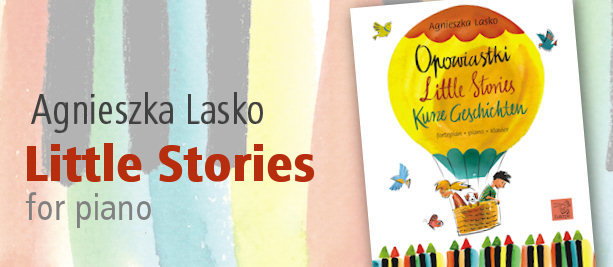
Composer. Spisak
was born on 14th
September 1914 in Dąbrowa Górnicza. His first violin lessons he
took in his home town; and after some time, his mother decided to
send him to family in Warszawa [Warsaw], where he could begin a
“professional” education at the
Mieczysław Karłowicz School of Music. As a youth
of 16, he returned to his home area and, in 1930, began his studies
at the Music Conservatory in Katowice in composition and
violin. During his studies, he enjoyed a
reputation as an exceptionally talented violinist and very promising,
especially creative composer. This ambitious and talented student was
not fully satisfied with his composition lessons under Aleksander
Brachocki, and so took the decision - fairly risky because of the
disloyalty of it - to take private lessons under Kazimierz Sikorski.
After
graduating from the Conservatory, receiving a first class degree with
honours, Spisak received a scholarship from the Silesian Music
Society to study composition in Paris. This fact affected his whole
future life - leaving Poland in 1937, he surely didn’t suppose that
France would become his second home, in which he would remain to the
end of his life. At the Paris Conservatory, he began his studies
under the renowned educator, Nadia Boulanger. He earned her uncommon
recognition of his talent, and also acquired from her a particular
passion for the works of Igor Stravinsky.
In 1939, following the
outbreak of the Second World War, the composer moved to Voiron
- a small town in the south of France. Despite the difficult
political situation and the disturbing news coming from home, this
was one of the most creative periods in the life of the composer.
Before the War, Spisak had joined the Association of Young Polish
Musicians in Paris, and in 1939 he became its president. The idea of
integration with the Polish musical world was close to him to the end
of his life.
After the War, he returned to Paris. The 1950s brought Spisak success and
international acclaim. His popularity resulted, above all, from his
winning, in 1954, the Premier Grand Prix at the Queen
Elizabeth International Composers’ Competition in Brussels for his
Serenade for orchestra, written in 1939.
Three years later, at the same competition, he won another first
prize, this time for his Concerto giocoso for
chamber orchestra. In 1955, Spisak won the International Competition
for the Official Olympic Hymn – his Hymn
was chosen from among 392 scores and was performed at the opening of
the VII Winter Olympic Games in Cortina d’Ampezzo and at the XVI
Olympic Games in Melbourne in 1956. Worsening ill health took a toll
on his spirits. From the beginning of the 1960s, he stopped
composing. In a last great effort, he travelled to the Warszawska
Jesień
[Warsaw Autumn]
Festival
in 1964. Also in that year, he was awarded the annual prize of the
Polish Composers’ Union. A few months later – on 28th January
1965 – Spisak died, in Paris. More about the composer can be found
on this dedicated website.
author’s orchestral materials
list of authors










